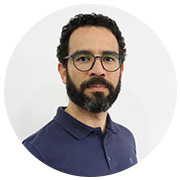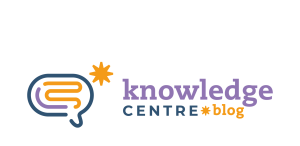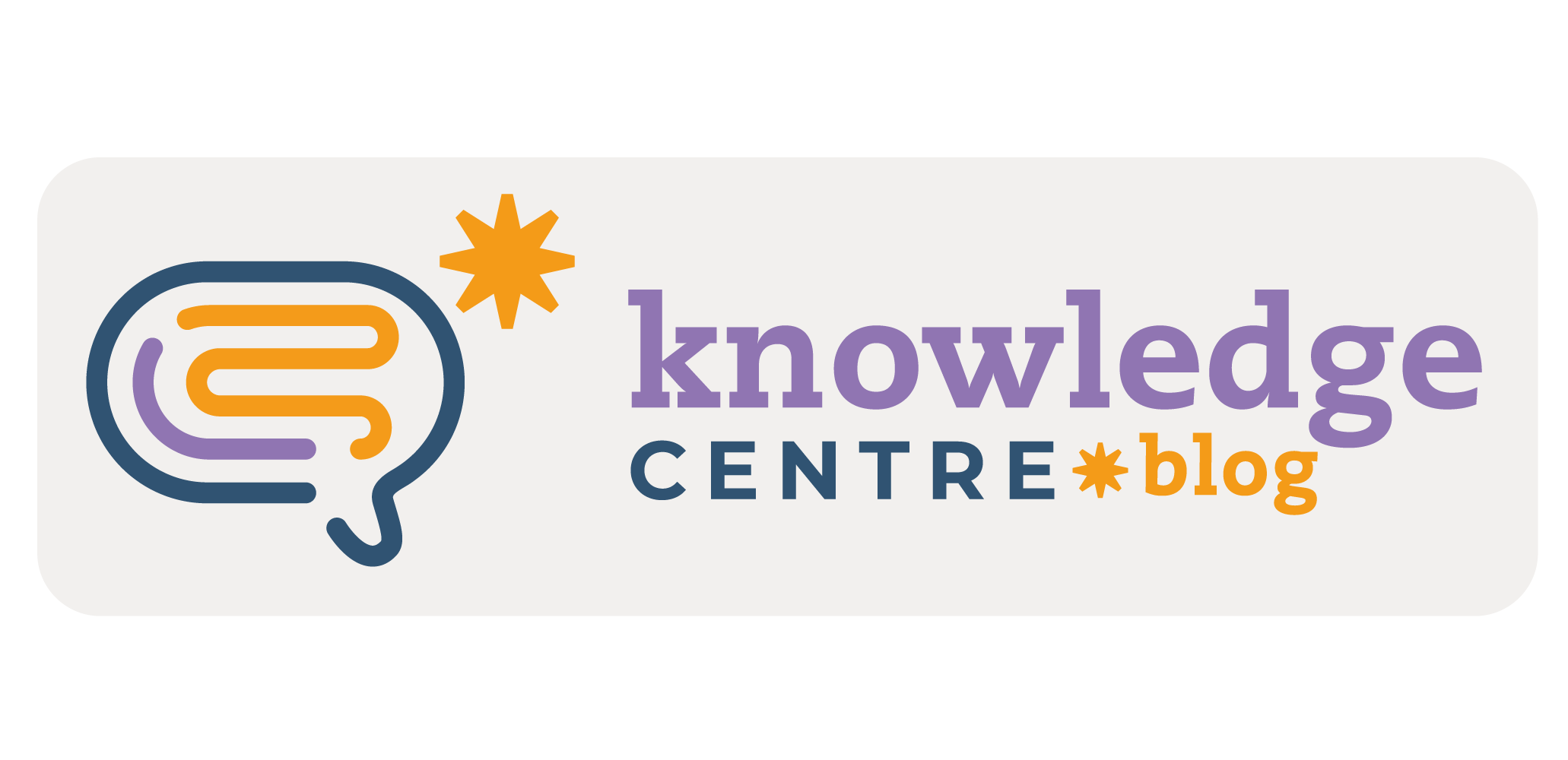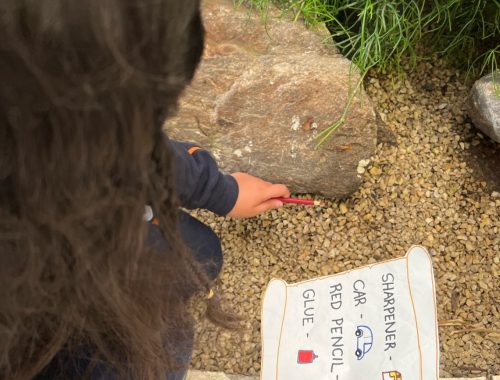In Part 1, we looked at the cognitive processes involved in learning to write and how doing so in their mother language (e.g. Portuguese) facilitates the development of additional language (e.g. English) writing skills. Now the focus is on common classroom tasks which require writing so that we can develop an understanding of how to better develop this skill.
‘Writing-for-learning’ and ‘writing-for-writing’
Consider the following brief descriptions of activities from different second-grade lessons involving writing:
- The learners are working on Activity 2 in Unit 5 of their Student’s Book (Explorer Yellow). It asks them to write the answers to five questions such as “What can you do at the shop/the zoo/etc.?” in the spaces provided (e.g. “You can buy things./You can see animals./etc.”). The teacher monitors to see if their answers are correct (i.e. if they correctly associated each place with their corresponding activity) and asks learners to correct all grammar/spelling errors she finds.
- The learners are working on Activity 3 in Unit 5 of their Writing Journal (Explorer Yellow). It asks them to refer to a model text describing a neighbourhood and use drawings of their own neighbourhoods (previously done) in order to create their own descriptions. The instructions ask them to replace the information in the model text and the following sentence starter is provided: “In my neighbourhood, there is a…”. The teacher monitors and provides support and encouragement, refers them to the model text when needed but avoids correcting at this stage.
In order to develop writing as a skill, Harmer (2007, p. 330) proposes a useful distinction between writing-for-learning, which he defines as “the kind of writing we do to help students learn language or to test them on that language” (my emphasis), as in example 1 above; and writing-for-writing, which focuses on building the learners’ writing skills in a variety of written genres, as in example 2. However, since the focus of bilingual education and CLIL go beyond the mere acquisition of language, it is safe to assume that what Harmer sees as language could also be replaced by content in writing-for-learning activities (while keeping the same pedagogic distinction). Thus, asking learners to write the answers to short comprehension questions about the solar system in a science lesson does not primarily aim to develop their writing skills, but rather to help them to consolidate their learning about the content in question.
Task 1: Which type of activities do your learners do more?
Writing and CLIL
From elementary school all the way through to university graduate courses, we often write to succeed in mastering the content of different subjects (e.g. filling in blanks, doing practice activities, answering comprehension questions, etc). Therefore, writing-for-learning activities are both important and necessary steps in that direction. However, González (2016, p. 26) raises the important consideration that “little attention is paid to writing [for- writing] in CLIL, where there is a predominant interest and support in the development of oracy (speaking and listening skills)” and points out that “CLIL learners show deficiencies in their written performance, demanding more support to develop this skill”. This is especially true considering that, in bilingual education, learners also need to hand in assignments and projects, produce essays, describe processes and so on in the additional language (e.g. English). This calls for an approach to developing writing skills that takes into account both the processes involved in producing written texts and the variety of text genres learners are likely to encounter in real life.
Task 2: Choose a number of writing activities from the materials you are using at the moment and classify them as writing-for-learning and writing-for-writing. What does this tell you?
I’m looking forward to your comments and reflections.
References
Harmer, J. (2007). The Practice of English Language Teaching. Harlow: Longman.
González, M. (2016) CLIL and Writing: A Double Challenge. <http://tiny.cc/7s3xmz>. Accessed on 13 Apr 2020.

By Marcelo de Cristo
Marcelo de Cristo is Senior Pedagogic Specialist at International School and a life-long learner. He has worked extensively with language teacher education in Brazil, Latin America and the UK for the past 15 years. He is also a founding member and former president of the BRAZ-TESOL RN chapter. He loves the poetry of life and sometimes dares to put some down on paper.








